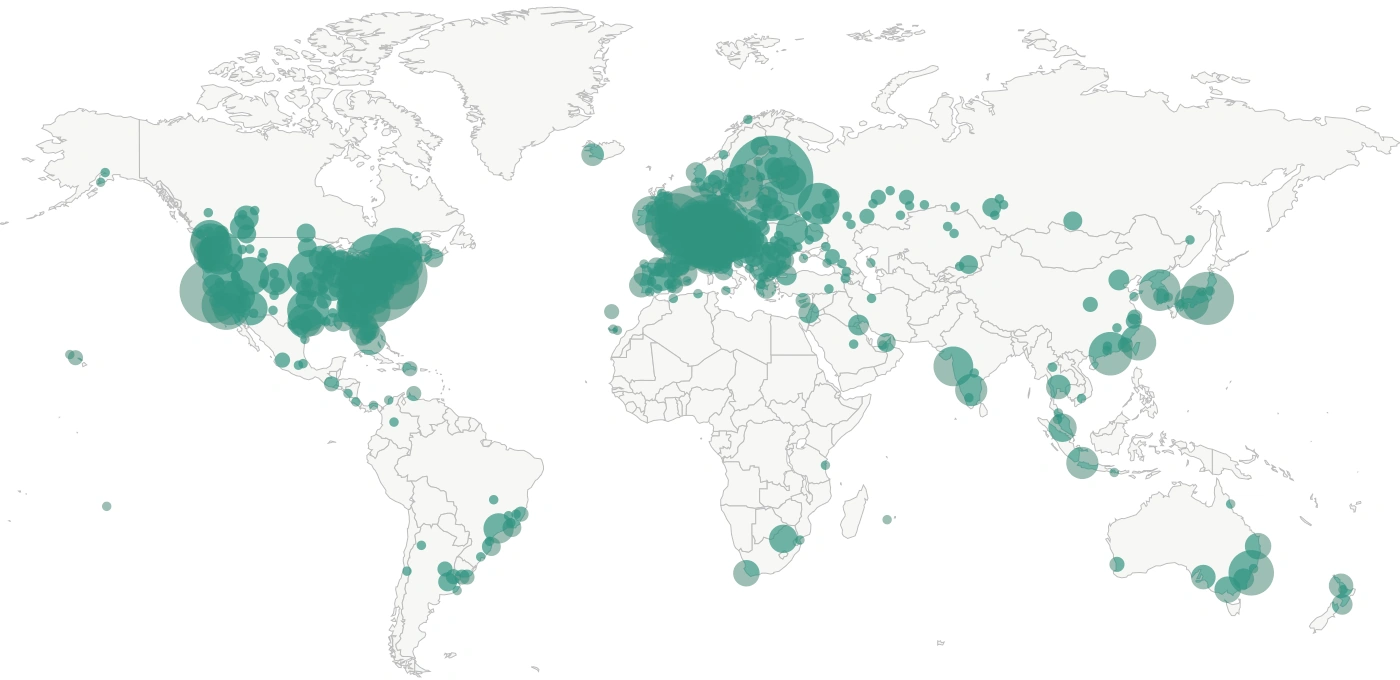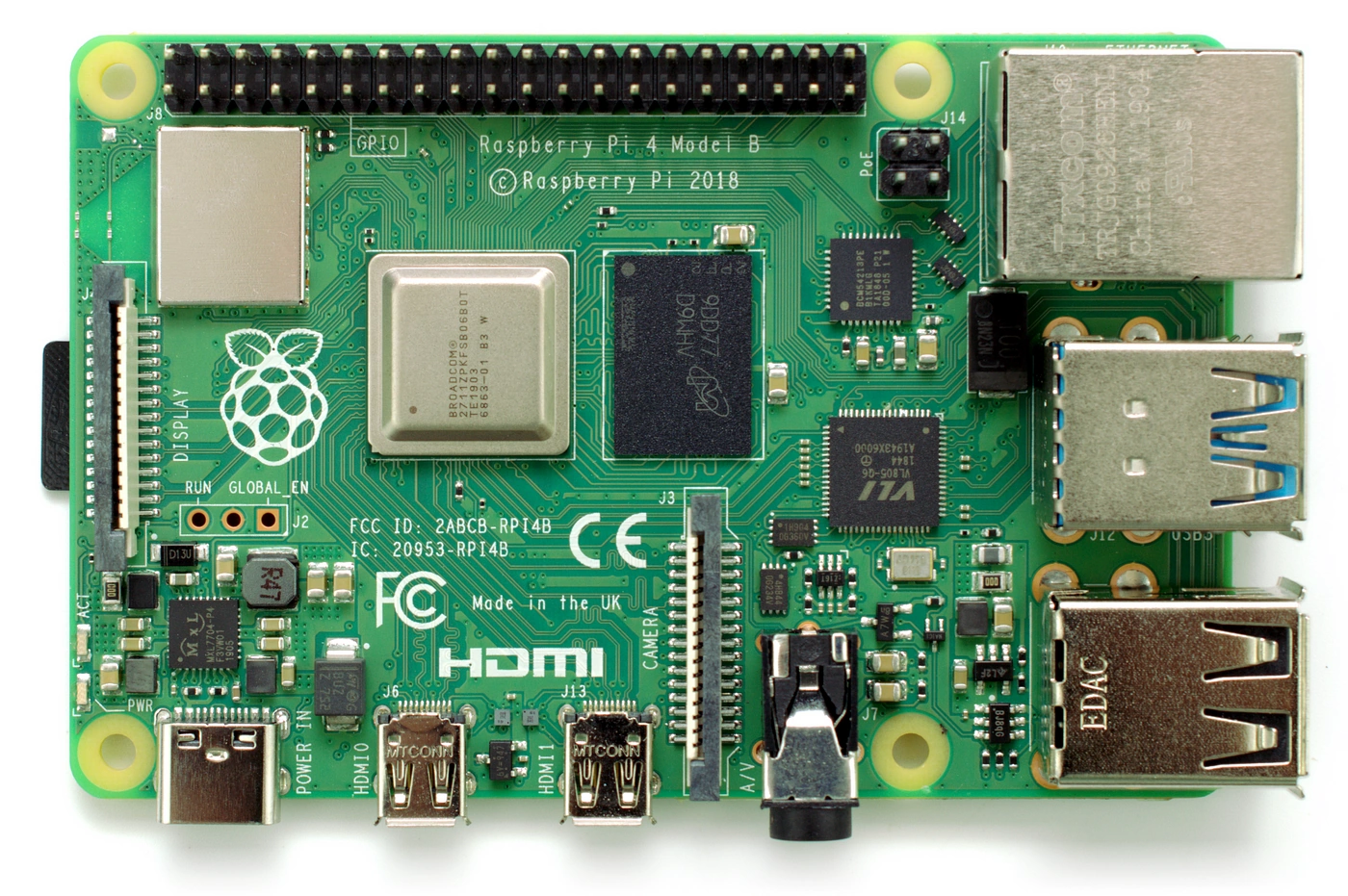Bitcoin, the world’s first decentralized digital currency, operates on a peer-to-peer network known as the Bitcoin network. Within this network, Bitcoin nodes play a crucial role in maintaining the integrity, security, and decentralization of the system. In this article, we will delve into the concept of Bitcoin nodes, their significance, and how they function.
Introduction to Bitcoin Nodes
Bitcoin relies on a distributed ledger called the blockchain, which keeps a record of all transactions ever made on the network. The blockchain is maintained and updated by a network of nodes that work together to ensure consensus and validate transactions.
In practice, when the majority of nodes are in agreement the blockchain grows and creates an official record of all those transactions. These nodes communicate with each other, forming a decentralized network that collectively maintains the blockchain. There are two main types of Bitcoin nodes: full nodes and lightweight nodes.
Full Nodes
Full nodes are an integral part of the Bitcoin network, as they validate transactions and enforce the rules of the Bitcoin protocol. These nodes store a complete copy of the blockchain, which allows them to independently verify the authenticity and validity of each transaction.
By doing so, full nodes contribute to the security and trustworthiness of the network.
Lightweight Nodes
Unlike full nodes, lightweight nodes, also known as SPV (Simplified Payment Verification) nodes, do not store the entire blockchain. Instead, they rely on full nodes for transaction verification.
Lightweight nodes offer a more lightweight solution for users who prioritize convenience and reduced storage requirements over the ability to independently verify transactions.
Functions of Bitcoin Nodes
Bitcoin nodes perform several essential functions within the network.
- Verifying Transactions
- Storing the Blockchain
- Broadcasting Information
Validation
One of the primary responsibilities of Bitcoin nodes is to validate transactions. Whenever a transaction occurs on the network, nodes verify the authenticity of the sender, ensure that the transaction adheres to the rules of the Bitcoin protocol, and check if the sender has sufficient funds to complete the transaction.
This verification process helps prevent double-spending and ensures the integrity of the system. Solving the hash is complicated and takes lots of computational power. However, verifying the solution is simple and requires very little computing power.
Storage
Full nodes maintain a complete copy of the blockchain, which includes all past transactions. By storing the blockchain, nodes enable new participants to synchronize with the network and validate transactions independently.
This decentralization ensures that no single entity has control over the entire network, promoting transparency and security.
Broadcasting
Bitcoin nodes act as messengers within the network, relaying transaction information to other nodes. When a new transaction occurs, nodes propagate it to their neighboring nodes, which further spread the information across the network.

This broadcasting process facilitates the efficient dissemination of transaction data, contributing to the speed and reliability of the Bitcoin network.
Benefits of Bitcoin Nodes
Running a Bitcoin node offers several advantages that contribute to the overall health and resilience of the network.
Security and Trust
By running a full node, users can independently verify the transactions they receive, eliminating the need to trust third parties. Full nodes ensure that transactions adhere to the Bitcoin protocol’s rules, minimizing the risk of fraud or malicious activity.
Furthermore, running a node strengthens the overall security of the network, as more nodes translate into a higher level of decentralization.
Network Stability
Bitcoin nodes contribute to the stability of the network by actively participating in transaction validation and consensus-building.
The presence of a diverse range of nodes ensures that the network can continue to operate even if certain nodes go offline or become compromised. This resilience enhances the reliability of the Bitcoin network.
Decentralization
Decentralization is a core principle of Bitcoin, and running a full node reinforces this principle. By hosting a copy of the blockchain and participating in transaction validation, nodes help maintain the decentralized nature of the network.
This decentralization prevents any single entity from monopolizing control over Bitcoin, promoting a fair and inclusive financial system. It also prevents a single entity from controlling 51% of the hash rate, which would allow them to alter the blockchain.
Misconceptions About Bitcoin Nodes
Confusing A Nodes With Mining
Many people confuse running a Bitcoin node with mining Bitcoin. Both miners and nodes are crucial for the operation of the blockchain, but their roles are different. Only a miner can propose new blocks.
Miners are responsible for adding new transactions to the blockchain by solving complex mathematical puzzles. Miners compete to find the solution, and the first miner to solve it successfully is rewarded with newly minted bitcoin.
Nodes store and validate the blockchain as it continues to grow. Running a node does not earn block rewards or transaction fees.
Running a Mintlyer node is similar in this way. You can run a node to secure the network, but you need to run a staking pool to earn rewards and transaction fees.
Nodes Are Complex and Resource Intensive
Bitcoin mining requires special setups with immense computational power, but you can run a node on a desktop computer. With each block only consuming as much as 1MB of hard disk space, the entire 14-year blockchain fits within 1TB.
The entire setup can be run on a Raspberry Pi 4 8GB with 1TB SSD with the operating system Umbrel. This setup costs less than $200.
Joining the Bitcoin Network
If you’re interested in joining the Bitcoin network and contributing as a node, here are some key considerations to keep in mind.
Setting Up a Bitcoin Node
Setting up a Bitcoin node involves installing the necessary software on a computer or a dedicated device and connecting it to the internet.
Multiple software options are available, each with its own set of features and requirements. It’s important to choose a reputable software package and follow the installation instructions carefully.
Hardware Requirements
Generally, a node will require a computer with sufficient processing power, memory, and storage capacity to handle the blockchain and network operations effectively.
The cheapest and simplest dedicated setup is to use Raspberry Pi 4 8GB with 1TB SSD with the Umbrel operating system.

The minimum requirements for running a full node are:
- Desktop or laptop hardware running recent versions of Windows, Mac OS X, or Linux.
- 7 gigabytes of free disk space, accessible at a minimum read/write speed of 100 MB/s.
- 2 gigabytes of memory (RAM)
- A broadband Internet connection with upload speeds of at least 400 kilobits (50 kilobytes) per second
- An unmetered connection
- 6 hours a day that your full node can be left running
Software Options
Several software options are available for running a Bitcoin node, such as Bitcoin Core, Bitcoin Knots, and Electrum with Electrum Personal Server.
Bitcoin Core, the original and most popular implementation, offers a comprehensive set of features but requires a significant amount of storage space. Bitcoin Knots and Electrum, on the other hand, provide lightweight alternatives for users with limited storage resources, but also perform as a Bitcoin wallet.
The Future of Bitcoin Nodes
As Bitcoin continues to evolve, the role of nodes is likely to adapt and expand. With the ongoing development of second-layer solutions, such as Mintlayer and the Lightning Network, nodes may take on additional responsibilities beyond transaction validation.
These advancements could further enhance the scalability, speed, and functionality of the Bitcoin network.


